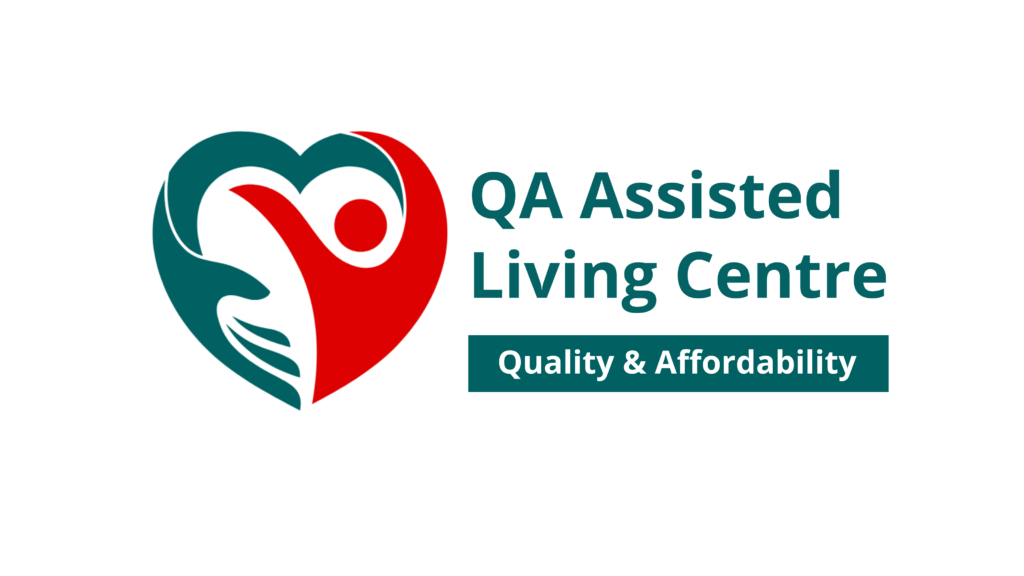Stroke Care

Stroke care services are designed to support individuals who have experienced a stroke, providing comprehensive care throughout the recovery process. These services focus on rehabilitation, management of symptoms, and emotional support for both patients and their families. Here are the key components of stroke care: ### 1. **Emergency Response and Acute Care** - Immediate medical attention in a hospital setting to diagnose and treat the stroke, often involving imaging tests, medication to dissolve blood clots, and other interventions. ### 2. **Rehabilitation Services** - **Physical Therapy:** Focused on improving mobility, strength, and coordination through tailored exercises and activities. - **Occupational Therapy:** Aimed at helping patients regain independence in daily activities, such as dressing, cooking, and personal care. - **Speech and Language Therapy:** Addressing communication challenges and swallowing difficulties that may arise after a stroke. ### 3. **Personalized Care Plans** - Development of individualized care plans based on the specific needs, abilities, and goals of the patient, taking into account the severity of the stroke and personal preferences. ### 4. **Symptom Management** - Ongoing support to manage physical and cognitive symptoms post-stroke, including pain management, fatigue, and emotional changes. ### 5. **Psychosocial Support** - Counseling and support groups for patients and families to address the emotional impact of a stroke, including anxiety, depression, and adjustment challenges. ### 6. **Nutritional Guidance** - Assessment of dietary needs and support for healthy eating habits, particularly if swallowing difficulties are present. ### 7. **Education for Patients and Families** - Providing information about stroke recovery, prevention of future strokes, and lifestyle modifications to promote overall health. ### 8. **Assistive Devices and Technology** - Recommendations for adaptive equipment, such as mobility aids, communication devices, and home modifications to enhance safety and independence. ### 9. **Follow-Up Care** - Regular check-ups to monitor recovery progress, manage any ongoing health issues, and adjust care plans as needed. ### 10. **Community Resources and Support** - Connecting patients and families with local resources, support groups, and rehabilitation programs to facilitate recovery and social engagement. Stroke care services emphasize a multidisciplinary approach, involving healthcare professionals from various fields to ensure comprehensive support for patients as they navigate their recovery journey. The goal is to maximize independence, improve quality of life, and provide compassionate care throughout the process.
